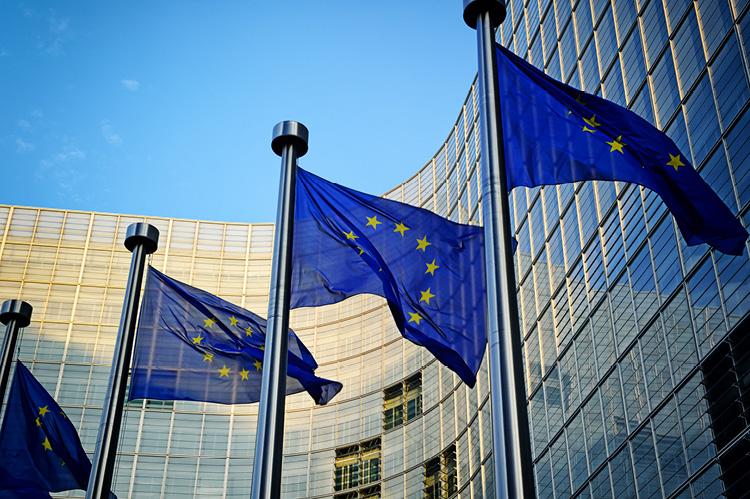The Evolving Definition of Green Energy in the EU

Natural gas has long been touted as one of the cleaner fuels used to power our economies. More recently it has even acquired the coveted green label. But the EU is ready to deny gas power plants and gas pipelines the green investment label as they will not be classed as a sustainable investment in Europe.
Reuters reports that the landmark EU rules will force providers of financial products to disclose from the end of 2021 which investments meet climate criteria, and thus able to be marketed as sustainable.
The aim is to steer billions of euros in much-needed private funding into low-carbon projects to help the EU hit ambitious climate goals, and limit so-called greenwashing by stopping the labeling of investments that do not meet the criteria as “green”.
The draft rules say that to be classed as a sustainable investment - one that makes a “substantial” contribution to curbing climate change - gas power plants must not produce more than 100 grams of CO2 equivalent per kilowatt hour.
Even Europe’s most efficient gas plants produce more than three times this limit, according to estimates by industry and independent climate think tank Ember.
To comply with the new ruling natural gas plants would have to use carbon capture and storage technology which currently none in the EU do.
The European gas lobby noted that the new rules would not ban companies from investing in projects that don’t meet the EU’s “sustainable” criteria but industry groups have warned that excluding gas plants could mean they will struggle to raise finance - even for investments to reduce emissions.

